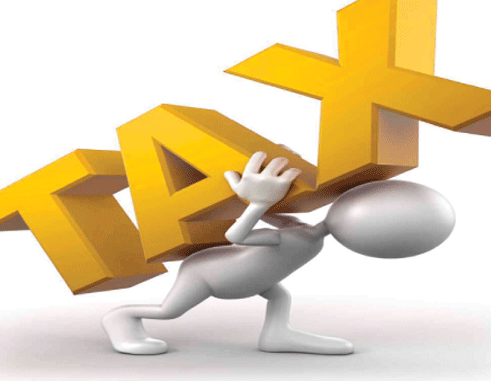IT’S tax season and as citizens dedicated to the advancement of our country, we contribute dutifully to that cause.
We file our taxes when necessary and we pay the taxes which are required when we import goods and receive certain services. When we travel to our island neighbours for business or relaxation, we pay the taxes which our neighbours have outlined.
Some of us are aware of the nature of these taxes while many remain ignorant and blatantly accuse governments of taking from the populace with no clear objective for the funds gathered.
For the purpose of clearing some of these misconceptions, we present to you this week: An Island Neighbours’ Tax Guide:
Question: What are taxes?
Answer: Taxes are funds collected from citizens by the government in support of Government endeavours.
Question: What are the type of taxes found within the Island Neighbours?
Answer: Type of taxes include VAT, income tax, capital gains tax, property tax, corporate tax and environmental levy
Question: What is the rate of VAT in the Island Neighbours?
Answer: The rate of VAT differs: St. Lucia and Dominica (15%), Martinique and Guadeloupe (8.5%)
Question: Are there types of property taxes?
Answer: In our French neighbours, property taxes exist in two categories; the taxe d´habitation and the taxe foncière. The taxe d´habitation is paid by whoever lives in the establishment. The tax foncière is an amalgamation of the building (taxe foncière bâtie) and the land (taxe foncière non bâtie).
Happenings
Martinique celebrates Le Pince d’Or Crab Festival on April 1, 2015. This annual celebration invites amateur chefs to compete to make the best bowl of matoutou – spicy crab stew. This is a wonderful opportunity for you to sample some French cuisine from the best in the budding cuisine atmosphere. Let your taste buds run wild!
Neighbourly GetAways
It appears that buying property in Guadeloupe is a lot easier than getting married. Once the two parties have agreed on the price and what the sale relates to then you’re in business. The buyer pays 8.236% -10.736% and the seller pays 1.5%-4% to settle associated fees.
Thinking of investing in Guadeloupe? Realtors can be found in most communes. Travel Cash is a must. In Guadeloupe right alongside the tourism office and market in Point a Pitre or on the airport or seaports, one can change monies at a convenient “Bureau de Change”. Visa and Mastercard are popular in Guadeloupe. Movement between islands present opportunities for money transactions in different financial spheres; banks, ATMs and other agencies which deal with the transfer of funds. In Dominica, The National Bank of Dominica presents unique, contemporary options for the traveller; internet and mobile banking, money transfer and the conversion of funds. BNP Paribas Martinique located in Fort de France Martinique is the perfect place to seek assistance if you run out of foreign currency and you need to access your account at home.
History
Historical note! Although pursued by the European Union from 1960, the Euro currency came into effect virtually in January 1999 and notes and coins commenced circulation in 2002.The National Bank of Dominica is an amalgamation of the National Commercial Bank (NCB) and the Development Bank. Did you know that BNP Paribas Martinique employs 220 individuals in 14 branches across Martinique? Get to know your neighbours!
A bit of the French for the Visitor
Á la banque
De l’argent: money
La monnaie: change
Un chèque de voyage: traveller’s cheque
Une carte bancaire :ATM / bank card
Une carte de crèdit :credit card
Un bureau de change : currency exchange
Le taux de change : exchange rate
Un retrait : withdrawal
acheter: to buy
Faire des économies: to save money
Dépenser: to spend














